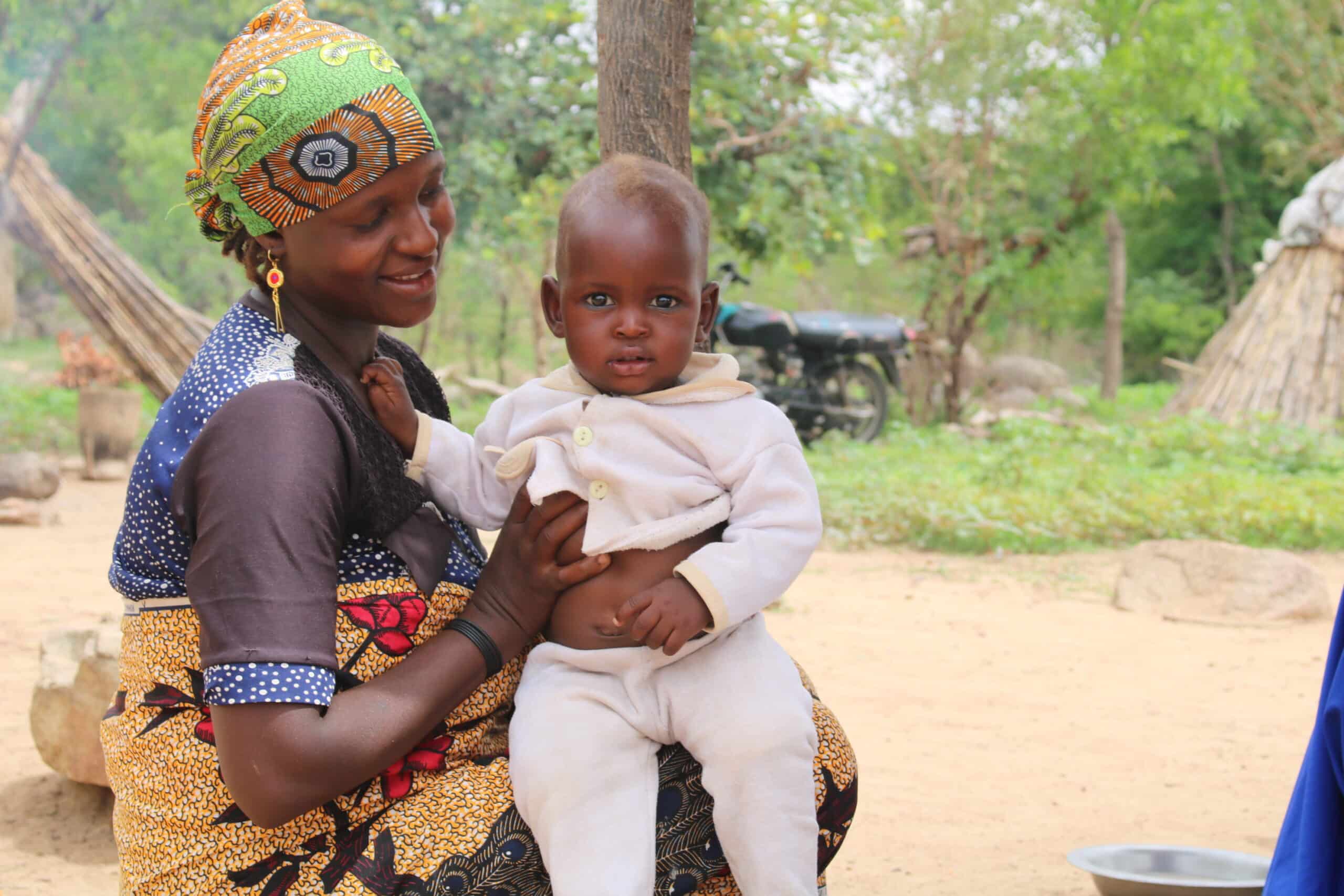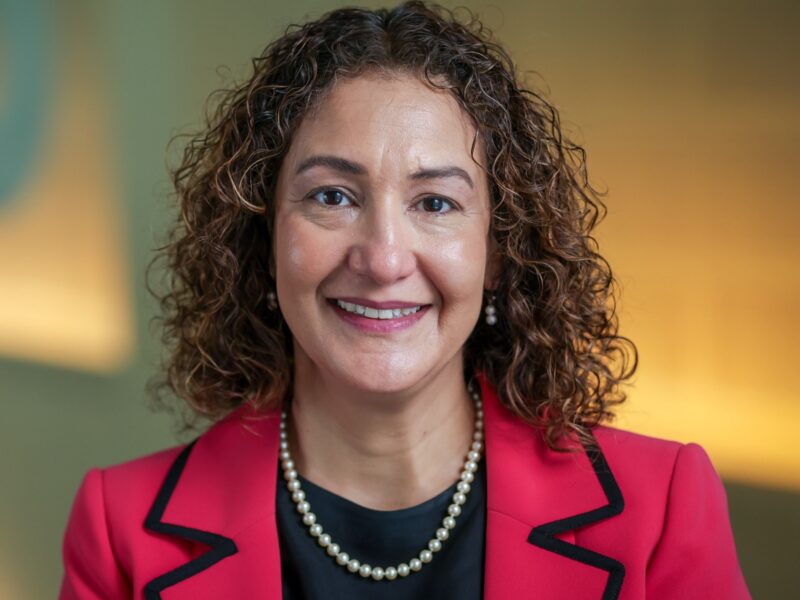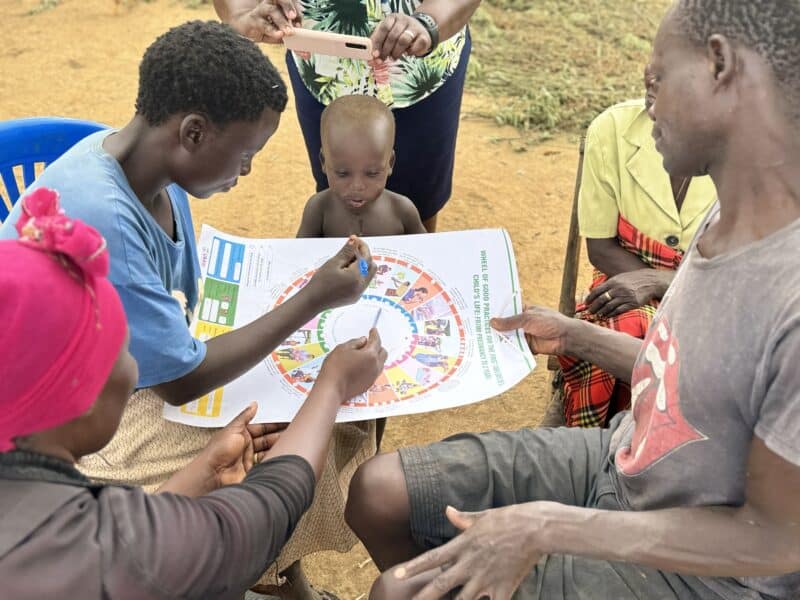The trouble started when herder Muhammed Bello’s wife became pregnant with their second child, and their thriving baby, Isah, was just seven months old. Incorrectly believing that the breast milk his wife, Hadiza, was producing should be saved for the new baby, the family stopped breastfeeding Isah.
Without breastmilk, over the coming weeks Isah became sick and malnourished. The Bellos had no idea how to help their baby. One day, Muhammed attended a community health dialogue where he met Yakubu, a community volunteer trained by the Johns Hopkins Center for Communication Programs-led Breakthrough ACTION-Nigeria project.
Yakubu shared key information on nutrition for children, talking to those assembled in Bauchi State about how to improve the health of mothers, children, and newborns, the roles played by breastfeeding and good nutrition, and the importance of going to the health facility when someone is sick.
Soon after, Muhammad took Isah to a series of health clinics, even one 30 kilometers away.
“I took him to the hospital in Gar and the big one in Alkaleri many times with no improvement,” Muhammed said. “They finally referred me to Kirfi, a community management of acute malnutrition site, where he was given therapeutic food. I had to go there every two weeks to collect it for him.
“Even at that, the boy died.”
While a baby above six months is ready for other foods, breastmilk is still vital to their overall nutrition needs, according to the World Health Organization. Breast milk is easy to use and digest and contains the nutrients infants continue to need to grow and stay healthy. When a baby turns six months, the WHO recommends complementary foods in addition to breastmilk. WHO recommends continued breastfeeding until at least two years, as studies show that children still get half of the nutrients they need to grow and play from breast milk between the ages of six and 12 months and one-third between 12 and 24 months.
Fresh from the loss of Isah, Muhammed and Hadiza welcomed their new baby, Sani, in July 2021. This time, Muhammed and Hadiza resolved to practice exclusive breastfeeding, supplement him with nutritional foods at the right time and to space out the births of their children, guided by the knowledge they gained from their interaction with the community volunteer. This family now practices three other healthy behaviors they learned from Yakubu: homestead gardening to improve their nutritional options, ensuring complete immunization based on the child’s age, and sleeping under insecticide-treated nets to prevent malaria.
Sani is growing every day, crawling around and always seeking out his father. His parents boast that Sani has never been sick.
“I am ever grateful to Yakubu and the people that sent him to us,” Muhammed said. “You can see that boy is very healthy. The mother and I are all very happy, and she will not be pregnant again until another two years and after he is weaned.”
A version of this story first appeared on the Breakthrough ACTION website.





